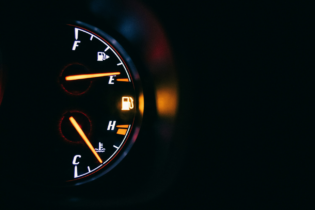Liability affects everyone in the import chain, but it’s something about which some parties in this chain are oblivious. *By Hester Hopkins.
Liability is defined as an obligation, responsibility, or debt – in this case to the state. Section 44 of the Customs Act states that liability for customs duties commences when the goods are deemed to have been imported. This could be either when they enter the South African territorial space or when they have landed in the country. Thereafter liability is transferred from one party to another until the goods are cleared for home consumption/export, whereafter there may still be liabilities in respect. Liability is generally shared between the importer and another party – mostly a clearing agent, approved bond store or the container depot. This means that when there is a contravention of the Customs Act, a demand for the loss of revenue will be addressed to the importer and another party. When one looks as it simplistically, each party involved in the importation process has limited liability to the extent that it was involved in the process. For example, the container depot has liability under the Customs Act to the extent that it stored the cargo.Practically, this means that if the container depot stores a container said to contain fridges but, upon investigation, it is found to contain clothing, then customs cannot hold the depot liable for the misdeclaration of the contents of the container. However, if the container depot receives three sealed 40-foot containers, and upon investigation only two can be accounted for, the depot can be held liable for the missing container.
The depot operator remains liable for the duty until the goods are delivered, after due entry has been made, to the importer or his agent or if not entered, delivered to the warehouse. It is therefore extremely important that the ‘holder’ of the cargo be fully aware of the risk and liability attached to the removal, transportation or storage of the cargo, until that cargo has been cleared and the importer has taken delivery thereof. Furthermore, liability always ceases at some point. About the author*Hester Hopkins is a customs and compliance specialist at Deloitte South Africa.






